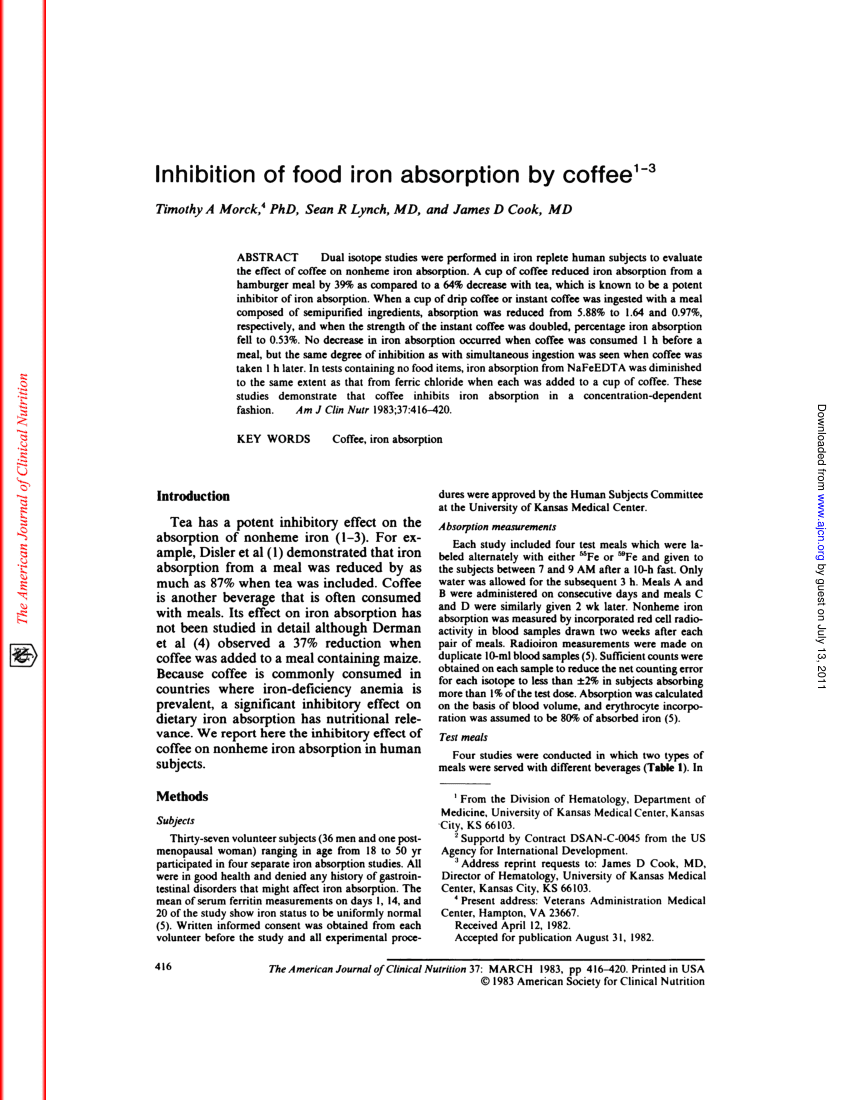- Joined
- Aug 24, 2017
- Messages
- 5,856
Part 1 was about the importance of glucose for the brain.
Part 2, this article, is about the importance of thyroid for brain function.
Few take away points, thyroid promotes neurogenesis, neuroprotection, glucose oxidation, mitochondrial biogenesis, antioxidant defences in the brain, the synthesis of neuroprotective and cognitive enhancing steroids and more.
Hypo-intellectism: is hypothyroidism the cause?
Let me know what you think.
Part 2, this article, is about the importance of thyroid for brain function.
Few take away points, thyroid promotes neurogenesis, neuroprotection, glucose oxidation, mitochondrial biogenesis, antioxidant defences in the brain, the synthesis of neuroprotective and cognitive enhancing steroids and more.
Hypo-intellectism: is hypothyroidism the cause?
Let me know what you think.

